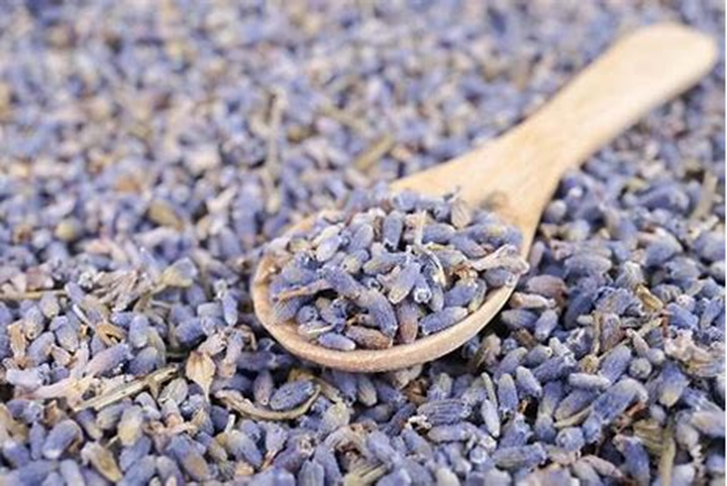A patient with heart disease is complaining of shortness of breath. The nurse knows that shortness of breath can be a sign and symptom of heart disease. Another name for shortness of breath is:
Dyspnea.
Ascites.
Angina.
Edema.
The Correct Answer is A
Choice A rationale:
Dyspnea is the medical term for shortness of breath.
Choice B rationale:
Ascites refers to the accumulation of fluid in the abdominal cavity, often due to liver disease, and is not another term for shortness of breath.
Choice C rationale:
Angina is a term for chest pain or discomfort caused by poor blood flow through the blood vessels of the heart, and is not another term for shortness of breath.
Choice D rationale:
Edema refers to swelling caused by excess fluid trapped in the body’s tissues, and is not another term for shortness of breath.
Nursing Test Bank
Naxlex Comprehensive Predictor Exams
Related Questions
Correct Answer is D
Explanation
Choice A rationale:
Orange essential oil is known for its uplifting and worry-reducing properties, not necessarily for promoting sleep.
Choice B rationale:
Ginger essential oil is often used for its anti-inflammatory properties and can help with digestion, but it doesn’t directly promote sleep.
Choice C rationale:
Peppermint essential oil is commonly used for its refreshing and invigorating properties, not for sleep promotion.
Choice D rationale:
Lavender essential oil is widely recognized for its calming and soothing properties, which can promote sleep.

Correct Answer is B
Explanation
Choice A rationale:
Checking the medication at the nurses’ station does not ensure that the right medication is given to the right client.
Choice B rationale:
Checking the medication at the client’s bedside ensures that the right medication is given to the right client.
Choice C rationale:
Checking the medication at the time of documentation is too late to prevent medication errors.
Choice D rationale:
Checking the medication in the area where the nurse obtained the medication does not ensure that the right medication is given to the right client.
Whether you are a student looking to ace your exams or a practicing nurse seeking to enhance your expertise , our nursing education contents will empower you with the confidence and competence to make a difference in the lives of patients and become a respected leader in the healthcare field.
Visit Naxlex, invest in your future and unlock endless possibilities with our unparalleled nursing education contents today
Report Wrong Answer on the Current Question
Do you disagree with the answer? If yes, what is your expected answer? Explain.
Kindly be descriptive with the issue you are facing.
